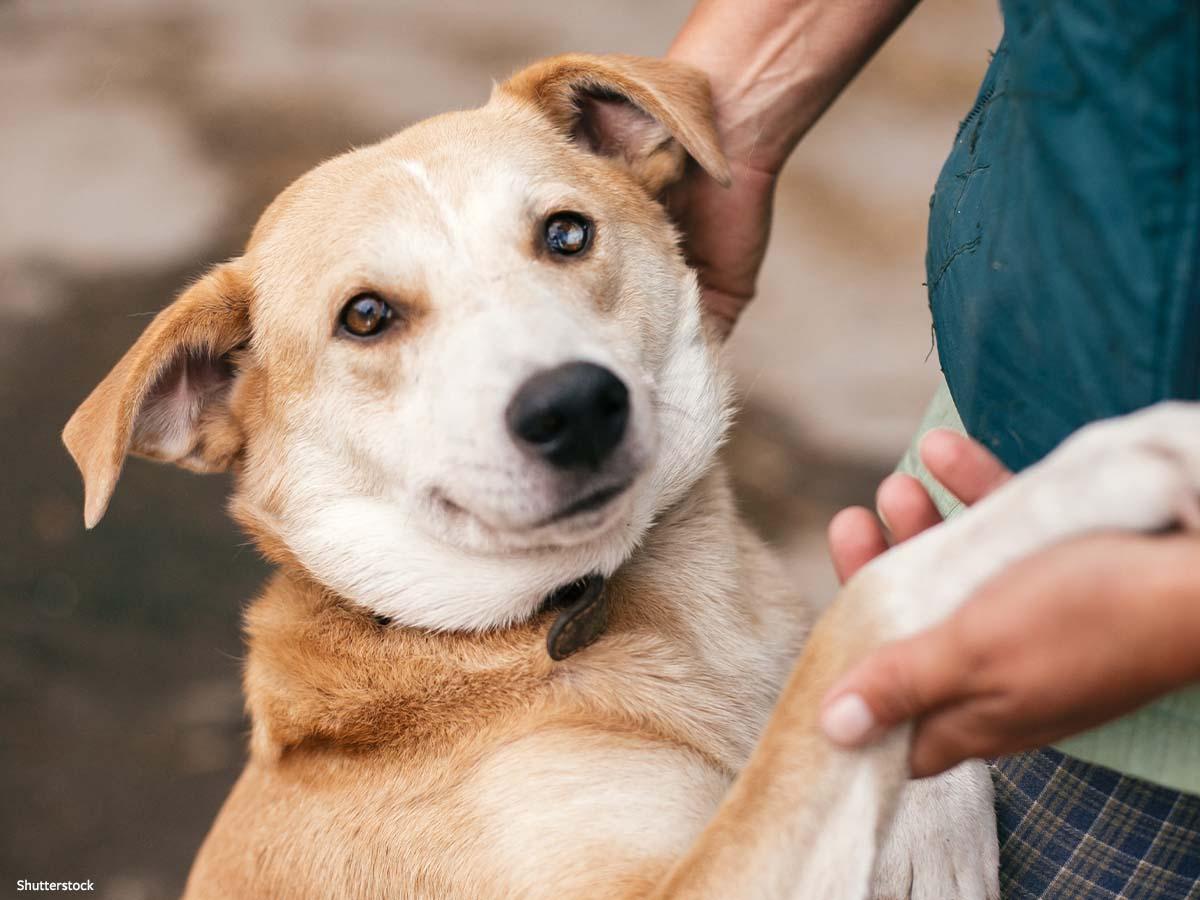10 Ways to Celebrate Guardian Month This May
Millions of us share our homes and lives with animal companions, and we know they are so much more than just property and we are not really their owners — we are their guardians. Find out how you can join us this May for Guardian Month to promote responsible guardianship and create a better world for animals.
Our Guardian campaign, which was created by our late founder, Dr. Elliot Katz, is dedicated to promoting guardian language to reflect the fact that the nonhuman animals we share our lives and this Earth with are not simply inanimate objects with no interests of their own, but sentient beings who deserve our understanding, respect, and protection.
We can all take many steps this Guardian Month and beyond to be the best guardians we can, for both the animals we live with, and the animals outside of our immediate care.
1. Vow to Make a Lifetime Commitment to Your Animals
Bringing animals into our homes is a huge responsibility, whether they’re big or small, or short or long-lived, and they deserve nothing less than to be cared for and treated as truly valued members of our families for their entire lives — and they all take work. It’s always a good idea to research the needs, lifespan, and expenses involved with the kind of animal you’re considering to ensure they’ll be a good fit beforehand.
2. Ensure Your Animals’ Needs Are Met
Every animal is different with different needs and preferences, but it’s our responsibility to ensure we’re doing all we can to allow them to thrive by providing them with proper nutrition, socialization, enrichment, exercise and veterinary care.
3. Adopt, Don’t Shop
Our demand for adorable puppies and kittens (and other animals including rabbits, birds, reptiles, fish, and “pocket pets”) continues to incentivize large-scale commercial breeders, aka puppy and kitten mills, and others, to keep producing more and more animals when there are already countless perfectly loveable and adoptable ones waiting to go home. Adopting and promoting adoption saves lives.
4. Spay and/or Neuter Your Animals
It’s beyond tragic that thousands upon thousands of animals are killed in shelters every year simply because they needed a home, but this is something we can help change by spaying and/or neutering our own animals, and supporting initiatives to promote this in our communities — especially those that include services for free-roaming animals. Not only does this reduce the number of unwanted animals, spaying/neutering can also provide health benefits.
5. Don’t Declaw or Devocalize Cats and Dogs
Dogs bark and cats scratch. These are normal and necessary behaviors for them, and they can be modified with little effort if they become a problem. Sadly, surgeries like declawing and devocalizing are still being performed for human convenience even though they are incredibly cruel. You can pledge never to do this, and to use and support veterinarians who refuse to mutilate animals.
6. Keep Wild and Exotic Animals Wild
Wild and exotic animals may be interesting, but their needs cannot be met in captive environments and they should not be kept as “pets.” Whether they’re bred in captivity or taken from the wild, or even legal to keep, there are numerous harmful aspects of the wildlife trade that cause suffering to both individuals and wild populations.
7. Be Prepared for Disasters
From natural disasters to war, there’s no shortage of headlines to remind us that a disaster can strike anywhere any time. Fortunately, there are a number of things we can do to prepare for our animals ahead of time to help keep them safe.
8. Sign the Guardian Pledge
The Guardian Pledge is an acknowledgement that animals are our fellow beings, and deserve to be considered as individuals with their own interests, and that we are not their owners or masters, but their guardians. Add your name now!
9. Change the World for Animals With Your Words
As part of the Guardian campaign, we’re calling for an update on the use of pronouns for nonhuman animals to end the use of objectifying language and to instead use words that reflect the fact that they are sentient beings. We should never refer to them as “it,” “that,” or “which,” but as “he,” “she,” “who,” and “they.” Sign and share our alert calling on the media to make this update.
10. Become an Animal Defender
You can join us and become an animal defender by signing up to receive our latest news and get opportunities to take action for animals every week.


